In an election year, any kind of indicator as to how the public will vote is good to know for politicians. A nationwide poll by Florida Atlantic University is one with some of the most interesting results on the matter.
In the poll, when American participants were asked, “Is democracy the best system?” the answers yielded significant findings that politicians would do well to take note of.
Nationwide Poll
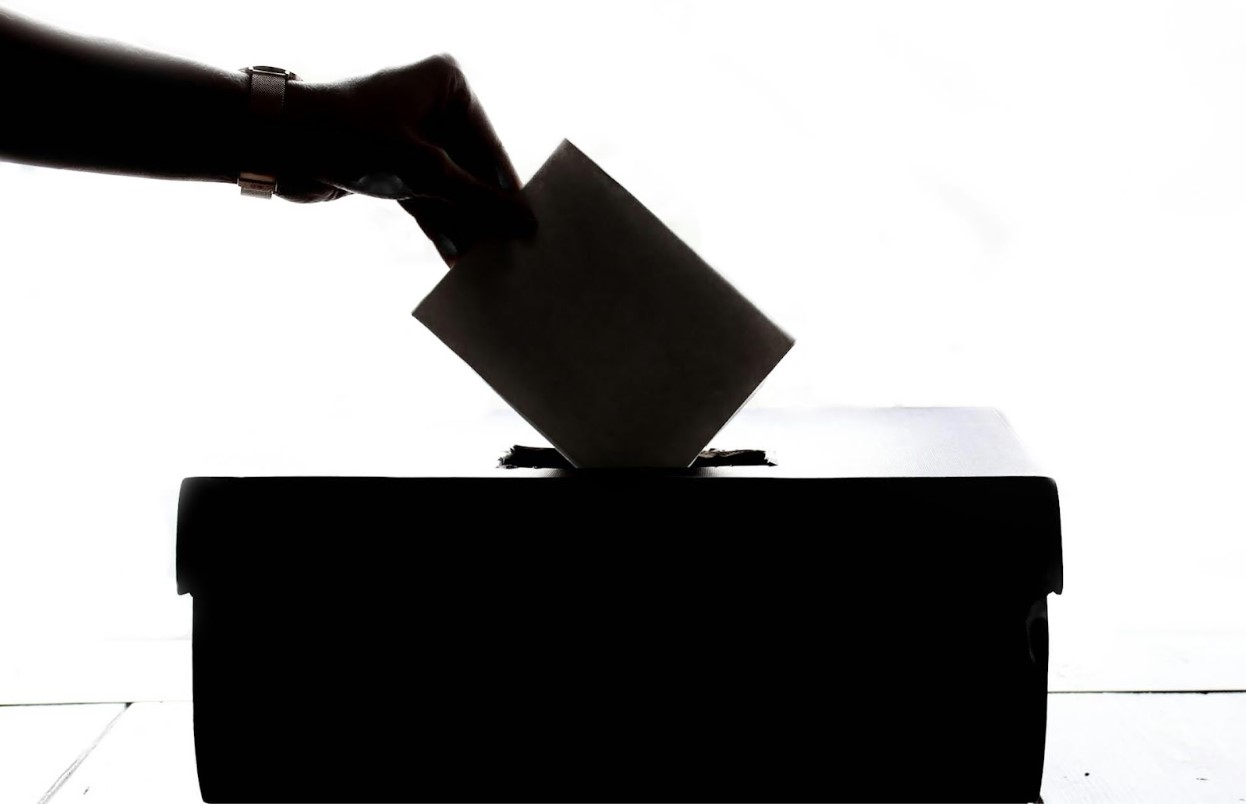
The poll was conducted March 15-17 by Mainstreet Research for Florida Atlantic University (FAU) PolCom Lab. It surveyed 1,053 registered voters by using text messages. A link was sent so users could tap on it to complete the survey online.
For those who preferred an alternate method of contact, voters were contacted by automated phone calls. The poll conductors warned of a more or less 3% margin of error of the full survey of Democrats, Republicans, and Independents.
The Basic Question
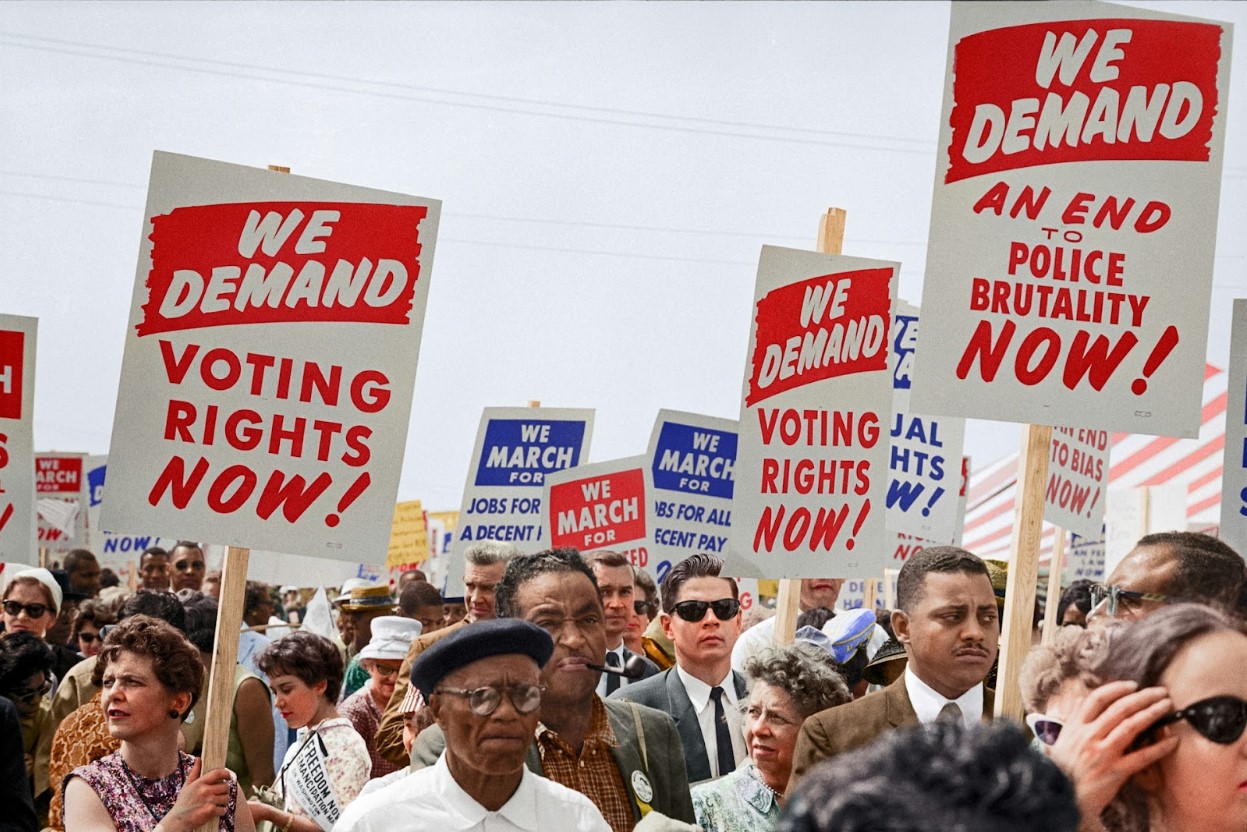
So, do people believe democracy is the best system despite its problems? The answer is yes, most people agree with this notion.
Among overall voters, 73% agreed with democracy being the best system (with 50% of them strongly agreeing). Only 13% disagreed.
The Younger Voters’ Answers

Voters aged 18 to 35 have a slightly different opinion than older voters. Only 53% of these younger voters are pro-democracy (15% strongly agreeing), while another 25% are skeptical.
Compared to the older age group of 65 years and older, where pro-democracy sentiment is at 89% (73% strongly agreeing) and just 6% skeptical, the difference is dramatic.
Loss of Faith?
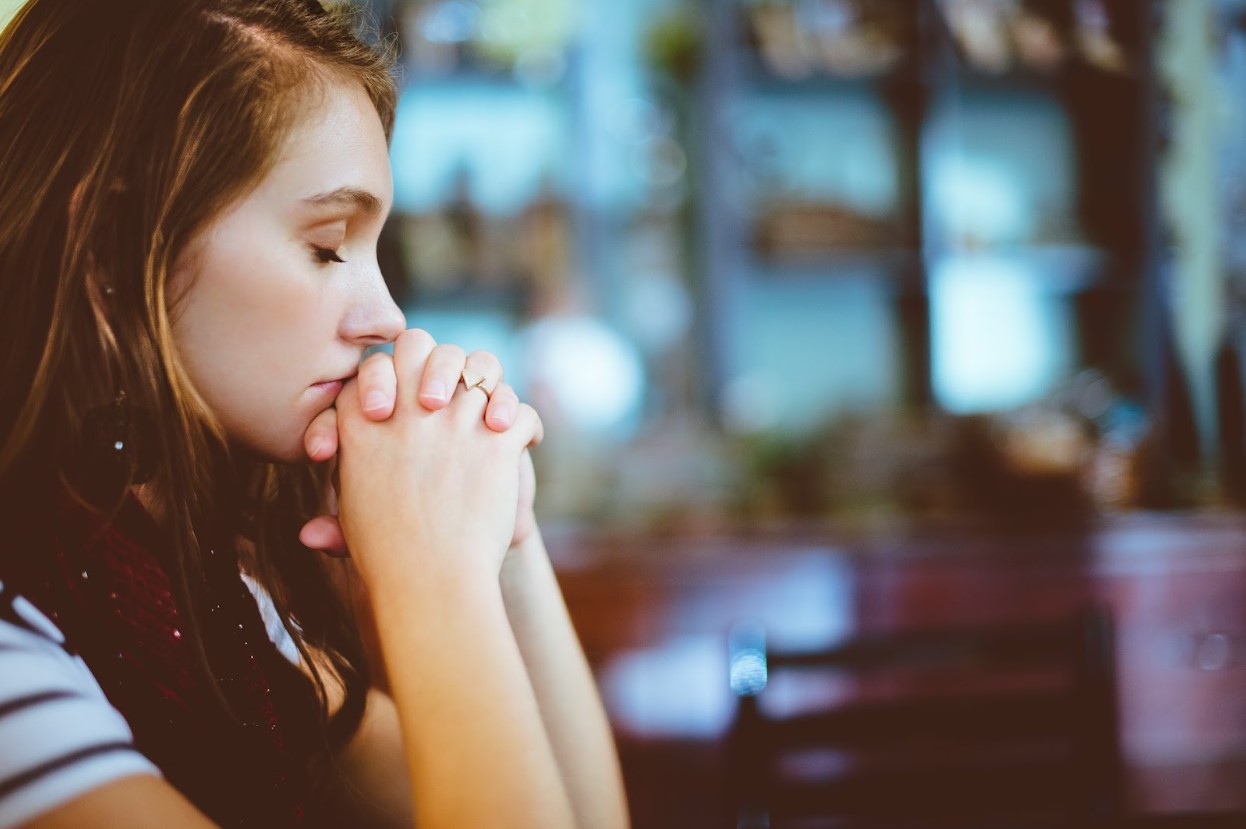
Kevin Wagner, a political scientist from FAU who’s an authority on public opinion polling, thinks this finding should be studied more because it brought some concern.
“The distinction between younger voters and older voters is very stark,” Wagner said. He also suggested that “among younger voters there is a loss of faith in the system and the process. That should cause us to ask why younger voters feel the democratic system is not working for them?”
Young Ambivalence
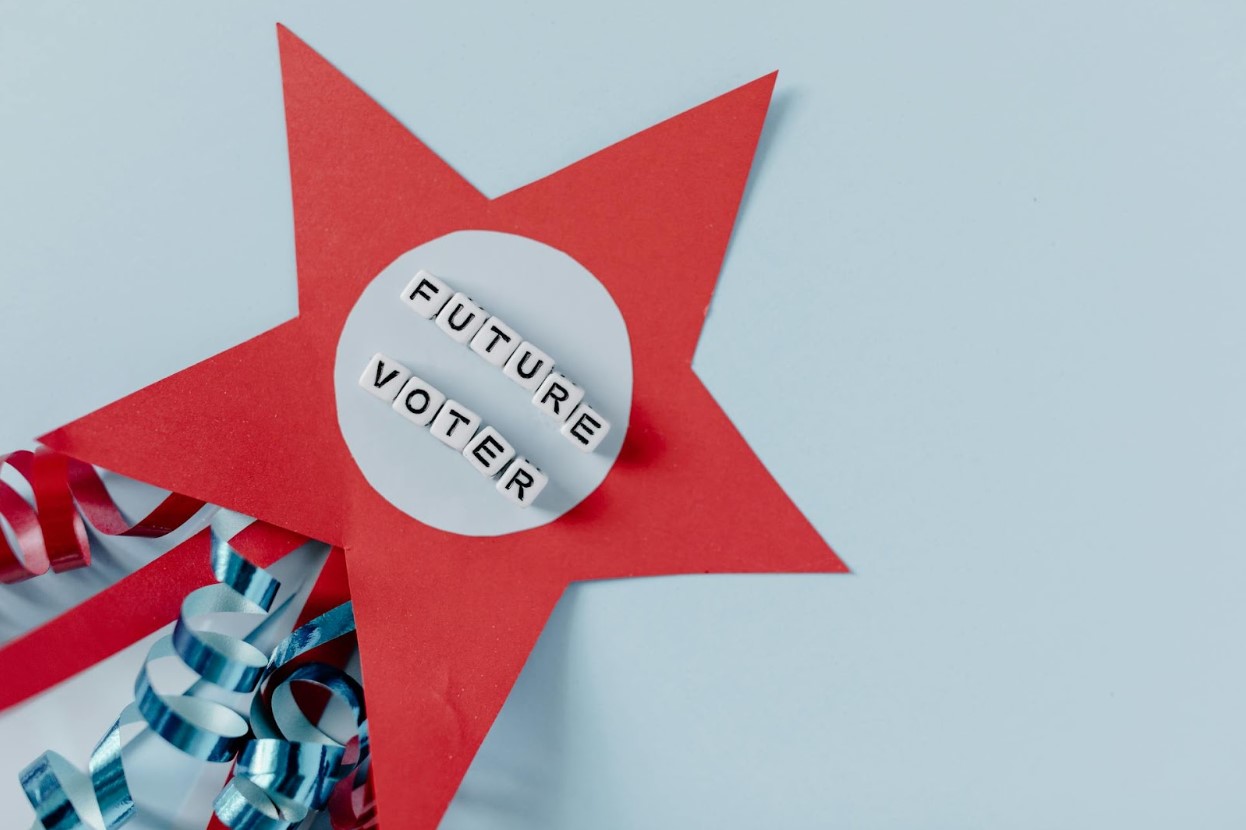
Wagner was also concerned for the younger voters’ ambivalence. They are more likely to neither “agree or disagree” when asked if democracy is the best system of government.
25% of those polled in the 18-34 age group stated they didn’t agree or disagree. This is 11 points higher than all voters (14%) who shared the same ambivalence. In comparison, among voters aged 65 and older, only 4% didn’t agree or disagree.
Biden vs. Trump Voters
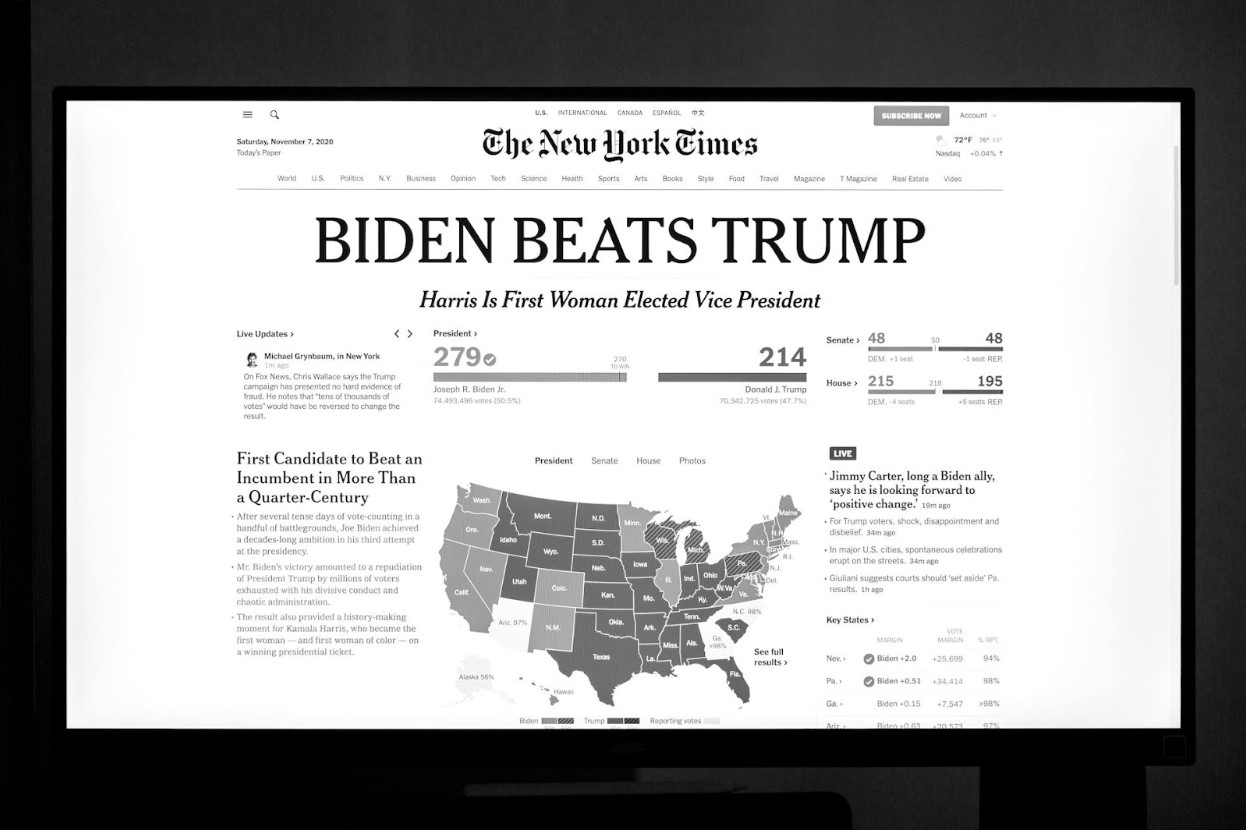
The numbers also showed major differences between Democrat and Republican voters. Among Biden voters, 85% agreed democracy is the best form of government despite its problems, with only 6% disagreeing, and 10% neutral.
Meanwhile, among those who plan to vote for Trump, who will go against Biden as the last Republican standing in the primary, only 63% agreed with democracy as the best form of government, with 18% disagreeing, and 19% ambivalent.
Democrats, Republicans, Independents
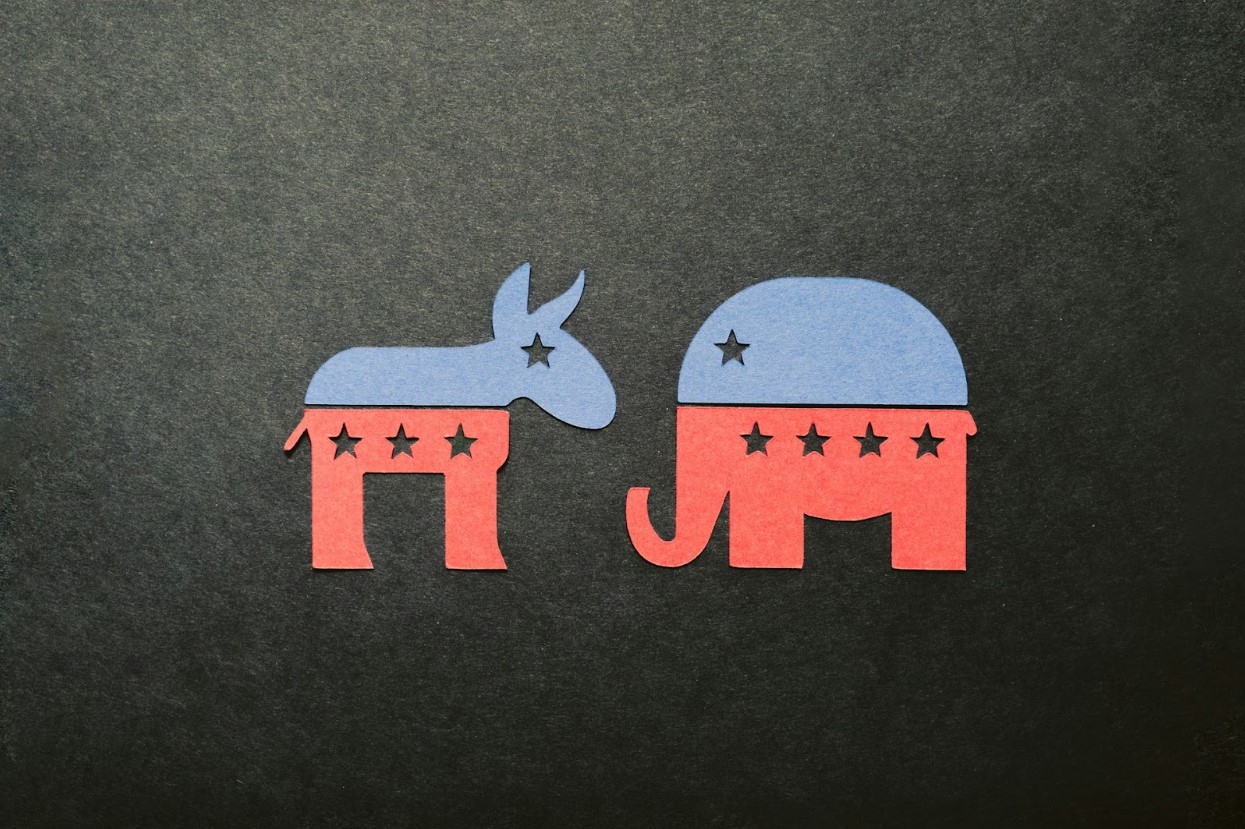
When assessing from political party associations, instead of the presidential candidates, the percentages are much closer. 79% of Democrats were pro-democracy, 8% were not, and 13% ambivalent.
The Republicans’ and Independents’ numbers were even closer. 69% of Republicans agreed with democracy being the best, while 17% disagreed, and 13% ambivalent. Meanwhile, for the Independents, 67% agreed, 15% disagreed, and 19% were ambivalent.
High vs. Low Income
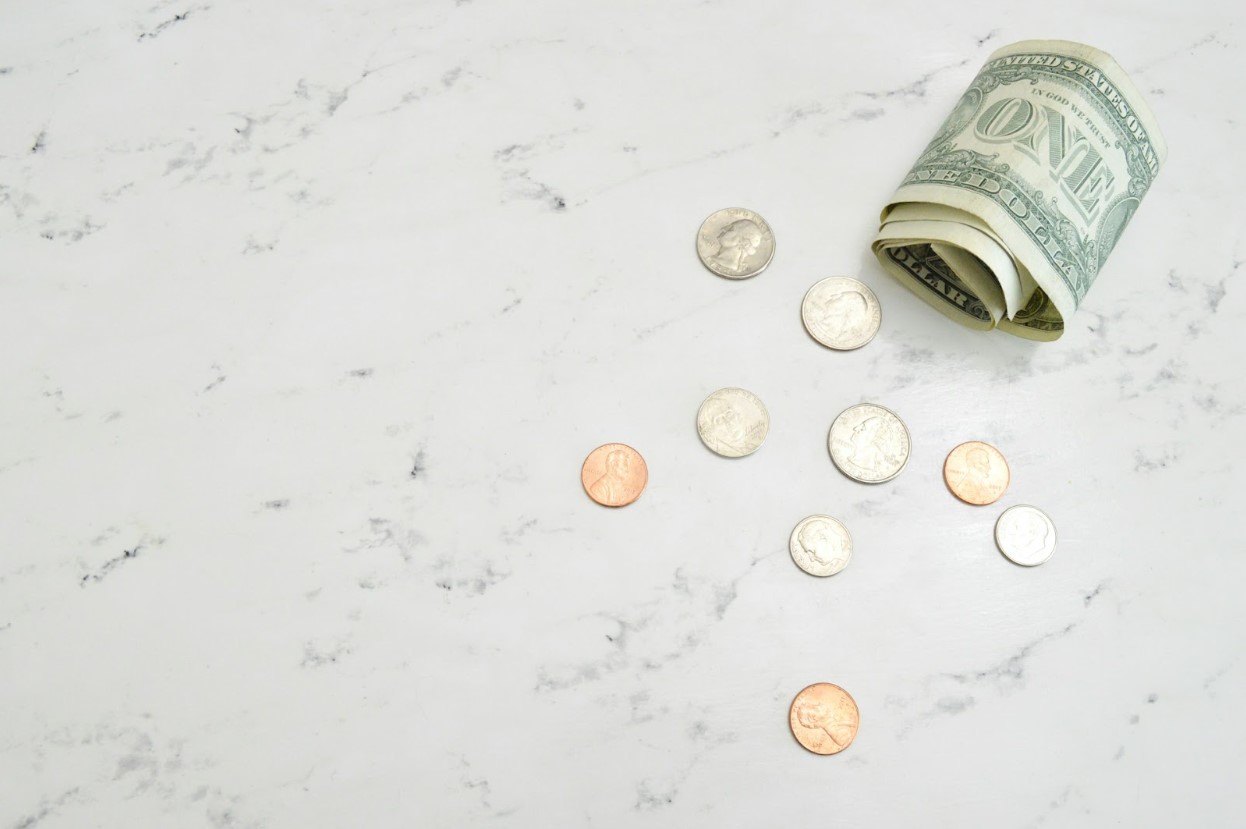
High income voters, a.k.a those earning $100,000 a year or more, also agree more with democracy being the best fit for government (82% vs. 12% who disagreed).
On the other hand, only 68% of those earning $50,000 a year or less agreed (16% disagreed). Wagner said this was not surprising. “If you’re wealthy, it’s pretty easy to say the system is working for you.”
Men vs. Women
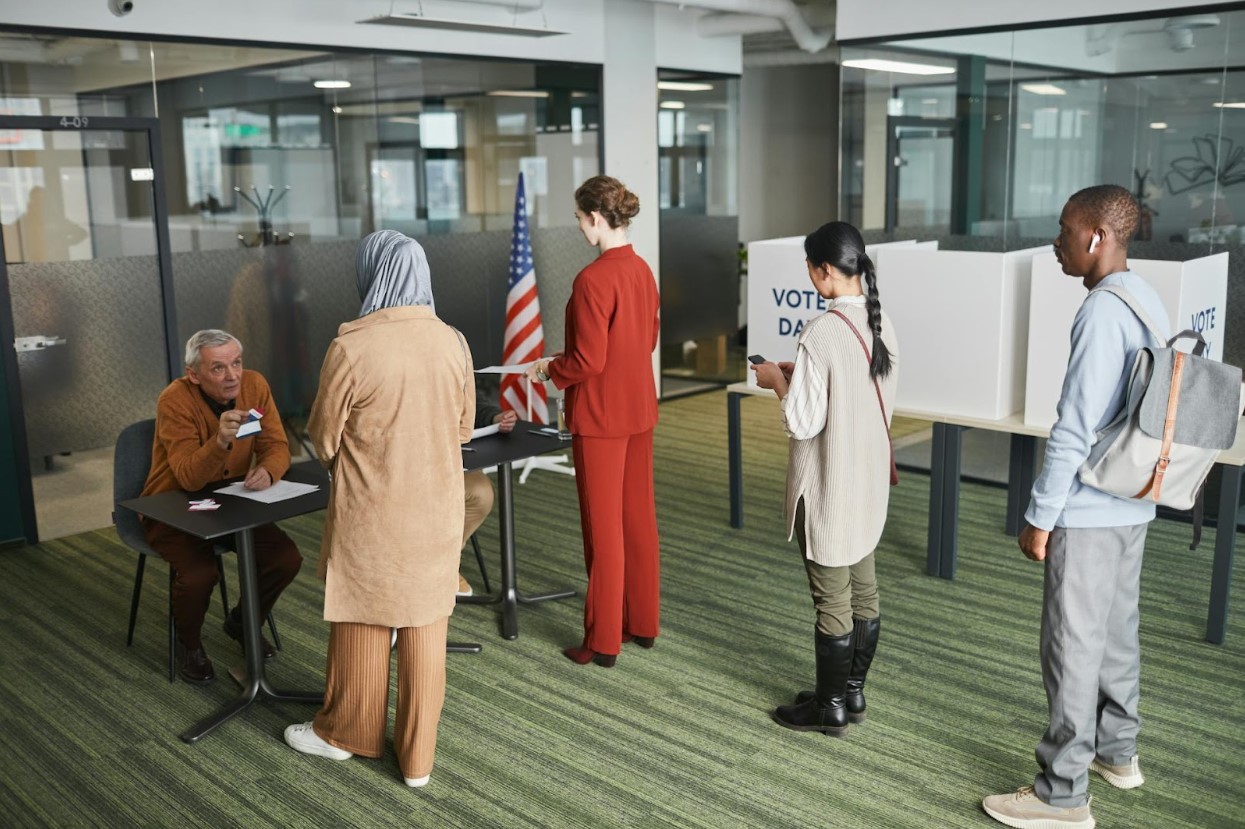
The poll also studied differences between answers by men and by women, but it found no blatant discrepancies.
77% of men agreed with “democracy is best,” while 12% disagreed and 11% neither. Among women voters, 69% agreed, 15% disagreed, and 17% were neither.
Related Question

The poll also asked a related question of “How satisfied or dissatisfied are you with the way democracy works in the United States?”
FAU researchers found 46% of voters were satisfied, 39% dissatisfied, and 15% ambivalent about the answers. Trump voters, however, were largely dissatisfied with the way democracy worked in the country as 51% of them expressed dissatisfaction. Conversely, it was the Biden voters who said they were most satisfied (63%).
America Still Pro-Democracy
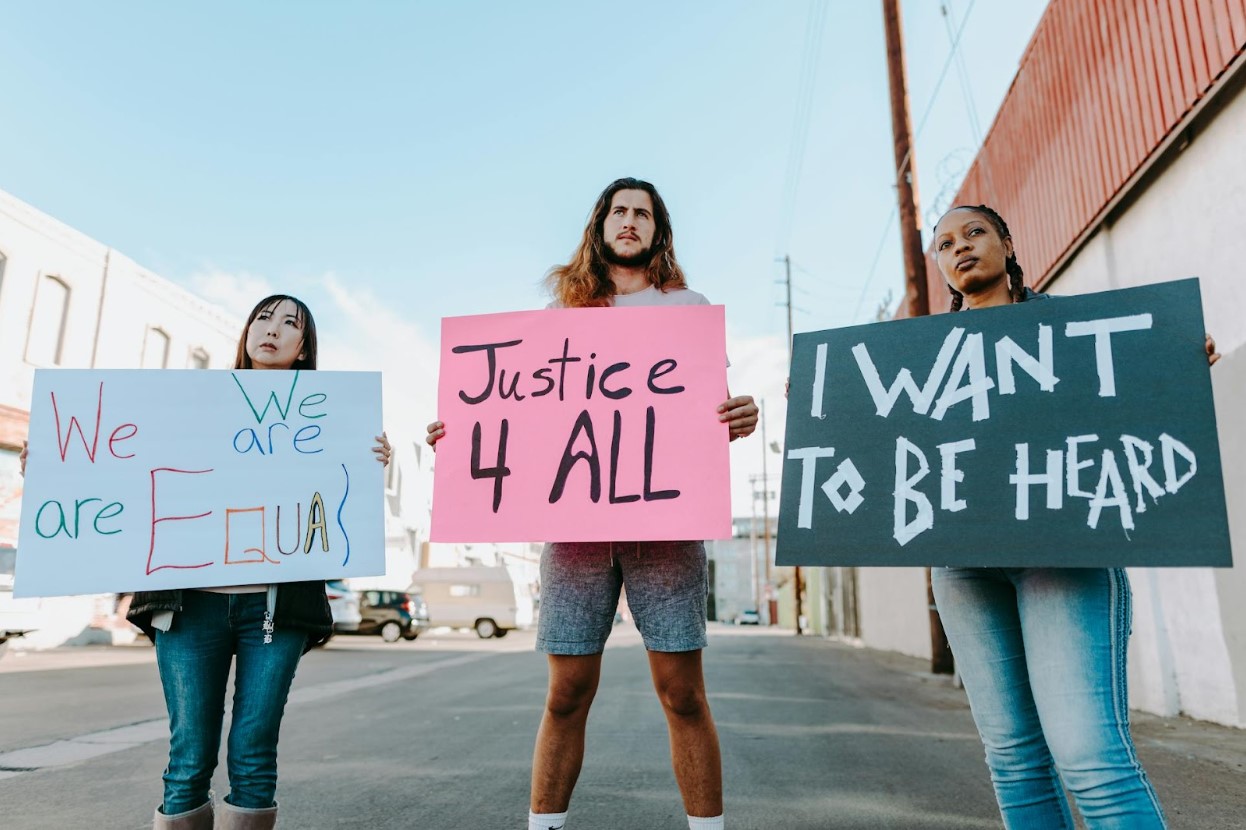
Wagner concluded that most Americans still had faith in democracy. He said, “I think considering all the negativity that we hear, that’s actually a pretty good thing.”
But he also said, “Many people are missing the fact that younger voters are actually pretty upset about the state of our political universe.” He warned that young voters might not automatically vote for Democrats. In fact, this could signal young voters’ preferences for independent, third-party candidates or for Trump.
